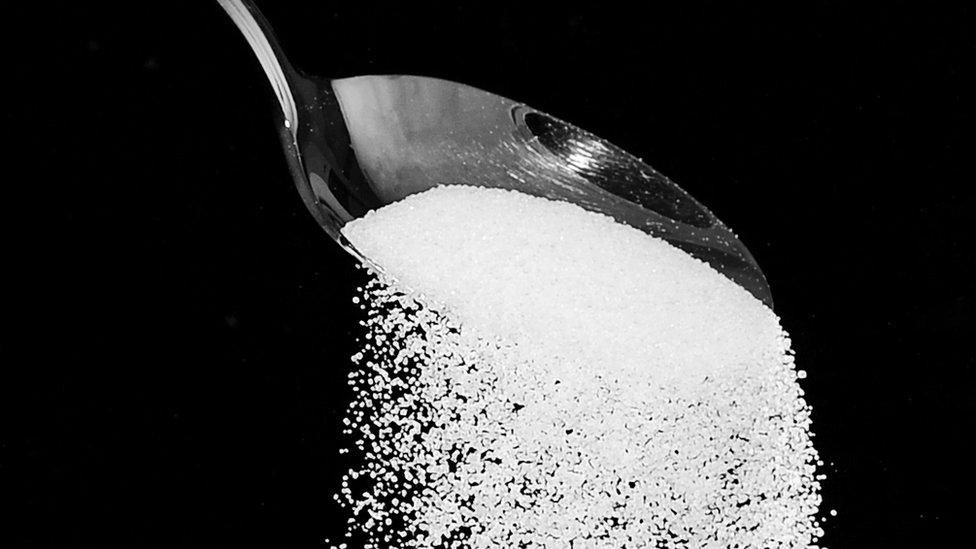Whatever happened to the obesity strategy?
- Published

The Prime Minister's battle against Brexit and the launch of the childhood obesity strategy would not at first glance appear to have much in common.
But the former, in the shape of the dramatic events which have played out since last week, is highly relevant to the progress of the latter. The key thing to remember is that David Cameron is involved in both.
The Government strategy on childhood obesity in England has been much talked about since last summer.
There was talk of a launch before Christmas, then early in the New Year, then in February. But still it has not appeared.
There is speculation now that it may not be published before Easter. The simple reason is the prime minister's overcrowded diary and his current preoccupation with Europe.
David Cameron knows the clock is ticking down to the end of his premiership before the next election.
He wants to make his mark on domestic policy and he has identified tackling obesity as an important potential part of his legacy.
It is seen at Number Ten as a priority second term issue, to rank with the dementia initiative in his first term of office. Much of the groundwork has already been done by the Department of Health and Public Health England.

The trouble is Mr Cameron just does not seem to have time to think about the obesity question, let alone put the finishing touches to a strategy which is seen in Whitehall as potentially the most ambitious of its kind in the world.
Europe and the drive to win a referendum dominate the prime minister's every waking hour. He told the House of Commons he would be making the case for staying in the EU "every day for the next four months".
The question now is when he can find a slot in his diary to unveil a policy which has been long awaited by the NHS and the food and drink industry.
The first question to address is whether a sugar tax should form part of the childhood obesity strategy.
Unpopular tax
A sugar tax is on the table having, last autumn, been left firmly on the shelf.
Mr Cameron has come round to the idea that such a move might be electorally popular, not least with Jamie Oliver and those of like mind.
Reports that a sugar tax will feature in the strategy have not been denied, although it's likely to be there in the form of a threat to the food and drink industry if other measures do not work.
The Prime Minister will also have to decide whether regulation is required for reducing sugar content of food and drink and restricting product promotions in supermarkets.
Public Health England's document on sugar reduction, published in October 2015, described how food price promotions are more widespread in the UK than anywhere else in Europe and how high-sugar products are promoted more than others.
The strategy seems likely to contain measures to limit sales of confectionery at checkouts and in prominent positions in supermarket aisles.
Restricting "buy one, get one free" offers for high-sugar or high-calorie food and drink products is another probable avenue.
Mr Cameron's anti-red tape and pro-business leanings might steer him away from such an approach and towards a voluntary deal agreed with the supermarkets. But officials and experts will make the case for government intervention.
You might imagine that leading retailers would throw their hands up in horror at the prospect of the government limiting their freedom to promote products as they see fit.
But perhaps surprisingly, the British Retail Consortium (BRC), which represents big names on the high street, has supported the idea of regulation.
The BRC argues that a voluntary deal won't work as some shops will fail to go along with it.
Better, the organisation argues, for everyone to be obliged to fall into line with new regulations.
Decisions are still needed from the prime minister. Much of the strategy is written.
Health officials are anxious to get it launched with measures put in place to start tackling the obesity threat to the nation's health.
But it remains off the menu in Downing Street, at least until Mr Cameron tires of his European diet.
- Published7 February 2016
